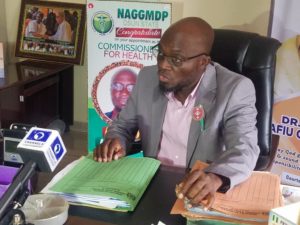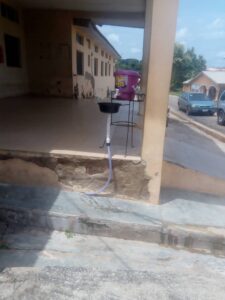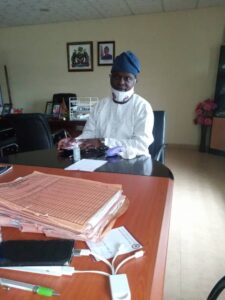News
Lack Of Water And Handwashing Stations Nullify Osun State Government’s Personal Hygiene Message
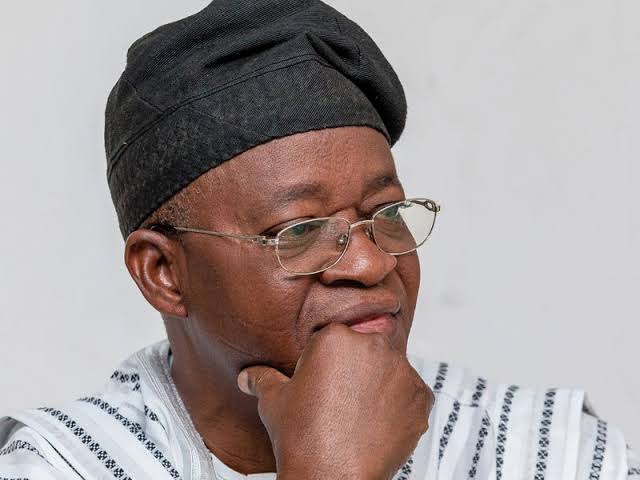
By Olalekan Akindoju
Regular handwashing is essential towards avoiding getting sick and preventing the spread of germs to others.
It has always been advocated by medical practitioners as a way to avoid millions of deaths each year from diarrheal diseases, foodborne illnesses, and respiratory infections.
In the past few months, its importance has been further publicised due to the Coronavirus pandemic, with experts saying washing one’s hands with soap can prevent the spread of a virus that has killed more than 600 thousand people across the world.
In Nigeria, COVID-19 cases have continued to rise, with more than 500 daily infections, pushing the total caseload above 39 thousand as at July 25, 2020, while more than 800 people have died as a result of complications from the virus.
Osun state is in the South western part of Nigeria, and it has reported at least 420 infections from 2,211 tests, pointing to the possibility that more people in the state may have contracted COVID-19.

The government has been asking residents to adhere strictly to health guidelines, one of which is frequent handwashing, an act that is yet to become a culture among the people.
However, the commissioner for health in the state, Dr Rafiu Isamotu, says the government will continue to ensure the message gets heard, through enlightenment.
“We have been saying it for about three months now, even before we had COVID-19, when we (the state) had Lassa fever, the idea of living healthy, the idea of imbibing that culture of constant handwashing,” said Dr Isamotu.
“We said it both on radio and television, we will continue to say it, we will not be too tired of it, we will enlighten our people, he added.
It is noteworthy that the Osun state government has tried in a bid to promote handwashing as a culture, but the question that often gets asked is, where is the water?
A trip to a number of markets, government schools, and two hospitals in Osogbo, the state capital, revealed a need for the provision of water sources and handwashing stations.
At the State Hospital, Asubiaro, and the Lautech Teaching Hospital, buckets for washing of hands, known as Veronica Buckets, were observed in some departments, though one is usually not asked to use them upon visit.
A number of the markets were also without water facilities, but the leader of Woru market in Agunbelewo, Nimota Tijani, said buckets had been provided, with emphasis on sellers to make use of them, leaving out the hundreds of buyers who visit the market daily.
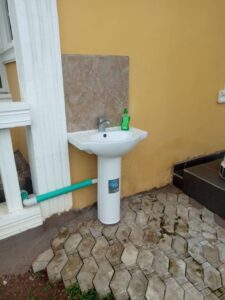
“We also carried out enlightenment in the market,” she notes.
The state government also understands this, and the commissioner for water resources and energy, Amidu Tadese Raheem, insisted that the construction of boreholes now form part of the contract for building new schools and an ongoing rehabilitation of hundreds of primary health care centres across the state.
“Borehole is part of the contract now,” said Mr Raheem, adding that the current state government is aware of the importance of clean water to healthy living.
It however seems that this does not include the provision of handwashing stations.
Despite efforts claimed by government officials, Rolayo Akpuluma, executive director of Gold Health Initiative, a non-governmental organization that promotes healthy lives, says the country might still be struggling with providing access to water by 2030.
While noting that governments at all levels should collaborate with the private sector, she reiterated the importance of water and handwashing stations in schools and markets.
“Even before the COVID-19 pandemic, many of our infectious diseases could have been reduced by clean water, having the children wash their hands, and having market women wash their hands, but now we are here, and some people don’t have access to water,” added Mrs Akpuluma.
-
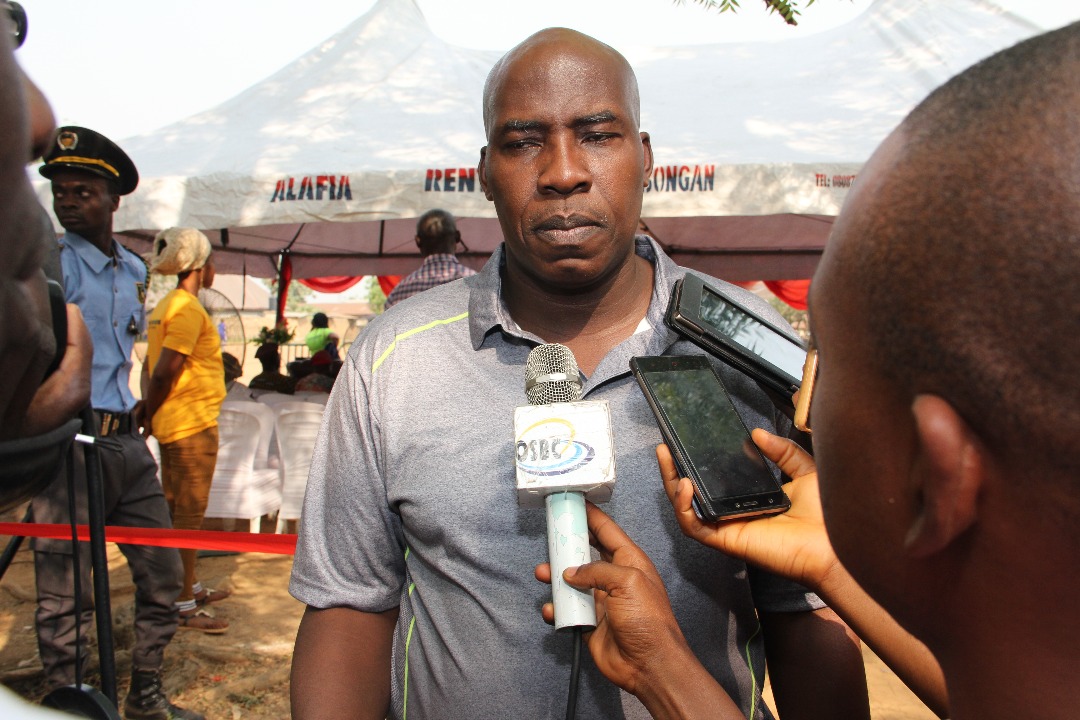
 News5 days ago
News5 days agoMay Day: Babayemi Praises Tinubu Over Salary Increments
-

 News4 days ago
News4 days agoNNPP, Kwankwaso Behind Purported Suspension Of APC Nat’l Chairman- Basiru
-
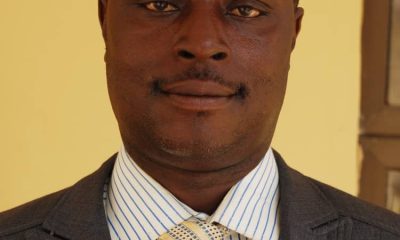
 Opinion5 days ago
Opinion5 days ago…Of Osun Poly, WAEC, NECO, JAMB And Half-Baked Matriculated Products By Tope Abiola
-
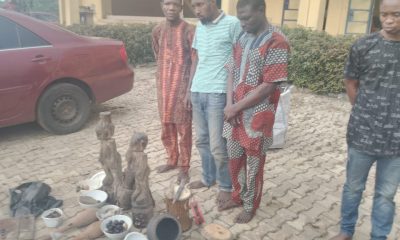
 Crime20 hours ago
Crime20 hours ago‘I’ve Killed Over 500 People And Was Paid To Kill The Owner Of A Pure Water Factory’- Suspect Confesses

